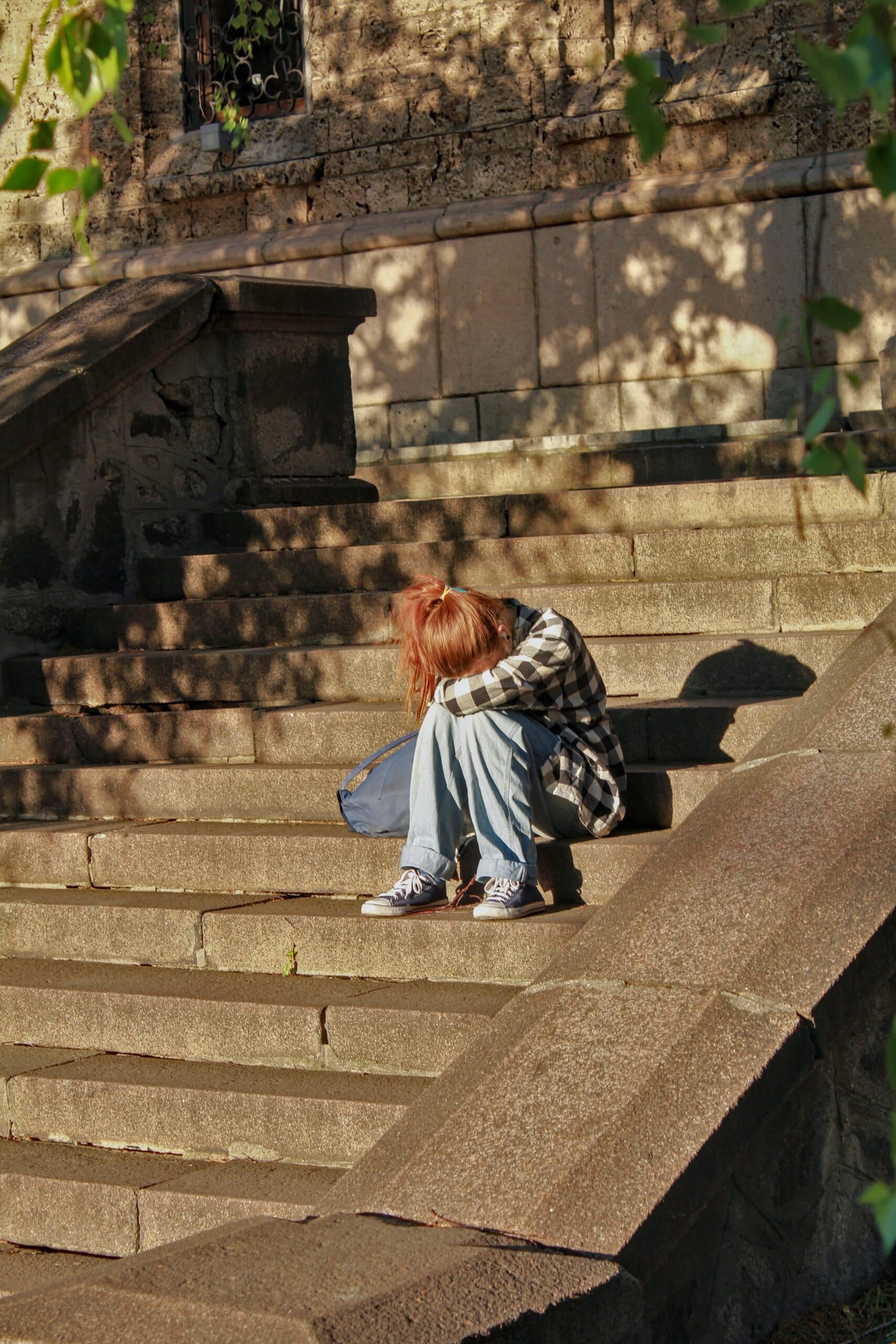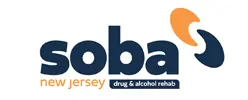What Are the Warning Signs of Relapse?
Written By:

Table of Contents
Do you want to know what are the signs of relapse?
Every year, we have many deaths due to drug overdose. It’s why we have rehab centers to help people recover from addiction and keep people sober. If you know someone, sending them to rehab is a good step to their recovery.
However, while you’re in rehab, experiencing relapses can hind your recovery. Keeping an eye for the signs of relapse helps the person in their time of need.
The following are the warning signs of relapse you need to know. Read what we have below and learn more.
Emotional Struggle
The first sign of relapse starts with difficulties dealing with emotions. It includes emotions you normally repress, swell, and manifest all at once. Processing these emotions at the same time becomes difficult and a sign of withdrawal symptoms.
Giving support to the person is a must before it escalates to a higher form of emotional struggle. It includes portraying depression, anxiety, and extremes levels of stress.
Physical Struggle
The physical struggle of relapse starts when they start doubting their rehabilitation treatment. It counts as a sign of relapse because later on because it’s only a matter of time before they indulge themselves again. It’s an especially compelling force during the early months of treatment.
Whenever they encounter hardships, their solution is to use start drinking or using drugs again. Using substances won’t help because it pushes them from recovery. It’s why treatment plans include developing better habits.
Change in Behavior
Optimism toward change and going full-time sober is a good step toward recovery. However, when the person starts to dislike therapy and meeting routines, it’s a sign of relapse.
It starts when the person shows signs of bitterness and resentment when they’re doing their routine. The optimism fades and the person starts to complain. Before long, they will try to reason their way out.
It’s a fragile stage for a recovering addict. When left alone, they’ll likely go back to their old ways. Keeping them in rehab is the best step to keep them sober.
Social Breakdown
As part of the therapy, interacting with people in the same situation is important. It allows you to reflect on the things you can improve on.
When you show signs of mishandling social interaction, it’s a sign of relapse. It also applies when you isolate yourself from other people.
It happens when you stop taking your medication. It tricks you with the feeling of comfort because you haven’t had a relapse.
When it returns, you will experience emotional and physical struggles. How do you avoid these? Stay consistent with your medication until the therapy concludes.
Ignoring the Treatment Schedule
People that go through rehab must follow a schedule for the treatment to stay effective. It includes the basics like eating a healthy meal or taking a bath.
It’s normal for us not to follow the schedule for mundane reasons like waking up late. However, if you start to let go of yourself or it becomes an everyday occurrence, it’s a sign that they’re slipping to relapse. Be aware of this situation since it could motivate you to seek proper health.
Starting a new lifestyle can become a challenge, but it’s necessary to get your life back on the right track. Going back to old habits is not healthy and will invalidate your rehabilitation efforts. Maintaining your routine is an effective way to prevent a relapse.
Craving for Alcohol and Drugs
Craving alcohol or drugs is common at the early stages of sobriety. What’s worse is settling to consume these substances in small amounts instead. Finding ways to answer the craving is dangerous because you will slip into substance addiction again.
For alcohol relapse, attempting to drink in safe hours is a sign you’re going to have a relapse. The craving aspect is a strong sign that you’re slipping back into old habits. Doing something about it at an early stage will help prevent a full-blown relapse.
Reaching Out to Former Contacts
When the craving resurfaces, it’s common for you to reach out to your sources. Reconnecting with old contacts is a direct way to get your fix. The thought of getting back to it in small doses may seem appealing because it won’t affect you immediately.
That’s where the mistake happens because taking in small amounts will prevent you from achieving full sobriety. The attempt to reach out to your old contacts is already a warning sign to stop. Otherwise, you’ll risk returning to your old habits.
Lying to Your Counsellor or Therapist
Therapy and talking to your counselor are parts of the recovery process. There are times you want to lie about your situation and how you feel. Sometimes, you feel ashamed to admit the truth, and that’s okay.
However, when you do this all the time, it hinders your way to recovery.
Lying to your counselor won’t help you in any way. Instead, it makes you more susceptible to relapse.
You don’t need to deny or lie about your mistakes. When you accept your situation, it helps your recovery.
Growing Defensive when Questioned
Once recovering from drug abuse, you can’t avoid being defensive. Hiding your setbacks and lying to your therapist becomes unavoidable. There are times when you become verbally or physically defensive about it.
Sometimes, you’ll attempt to avoid the question and change the topic. When this happens, it means you’re on the verge of a drug relapse.
Learn of the Signs of Relapse Today!
When relapse occurs, it only takes a moment to return to your old, destructive habits. Learning of the signs of relapse prevents you from losing control and support. Use this guide now and recover from addiction.
Do you need more help on how to prevent relapse? Contact us and start your recovery now!


